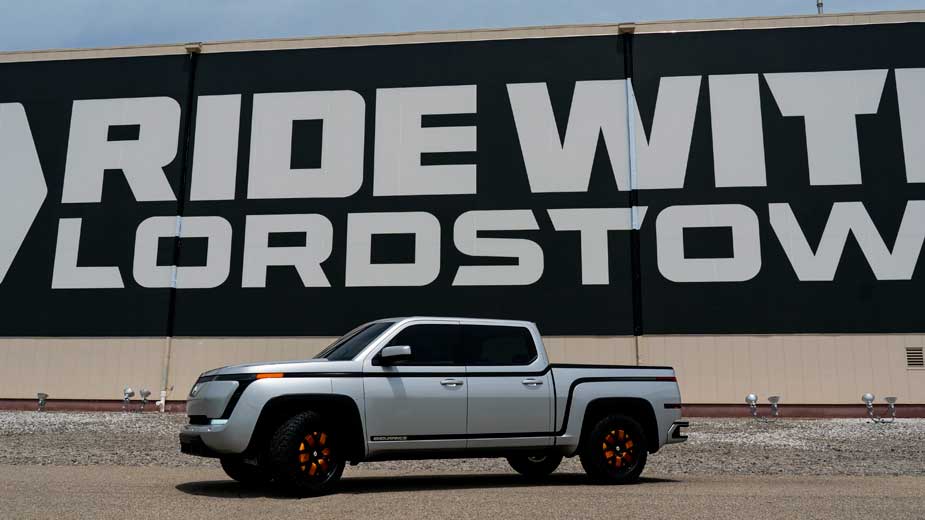Today, few electric vehicle manufacturers are turning a profit. Many of the big names drawing headlines remain startups and have yet to deliver a product to market. Their money right now is going toward developing vehicles – designing and testing them before they can be sold, along with ramping up manufacturing capabilities.
Lordstown Motors Corp., which reported a loss of $1.04 per share in its first earnings report, will begin production later this year and sell into a niche market.
Fisker, which will make electric-powered luxury SUVs, plans to go to market in 2022; the company reported a loss of 40 cents per share in its 2020 full-year earnings report.
Meanwhile, electric truck automaker Nikola reported a loss of $1.19 per share in 2020; it too plans to begin selling vehicles in 2022.
What investors are likely buying into is the future. Global annual sales of electric vehicles first topped one million in 2017 and reached three million last year. By the end of the decade, research firm Deloitte projects, sales will be around 21 million. And, in the coming years, well-established automakers like General Motors Co. will begin to make their entries into the electric-vehicle market.
“As EVs gain wider adoption over the next decade or two, I see a lot of good long-term opportunities owning high-quality companies throughout the entire EV supply chain,” Morningstar electric-vehicle committee chairman Seth Goldstein told USA Today.
It’s not just automakers that stand to benefit from the auto industry’s move toward electric power. Chargers are needed to power the cars wherever drivers are. Rare-earth metals are needed to make the batteries, which in turn need their own manufacturers. For those looking to invest in the EV market, there are chances beyond names like Tesla and Lordstown Motors.
Blink Charging reported $6.23 million in revenue last year and a loss of 59 cents per share. The company added more than 1,100 charging stations to its network in 2020. Blink stations are found in most major cities – including Cleveland and Pittsburgh – and along major interstates. The company has also begun to expand into South America with the installation of six publicly owned stations in the Chilean city of Pedro Aguirre Cerda.
Meanwhile, LG Chem is slated to begin to play a larger role in the industry. Its partnership with General Motors, Ultium Cells, will begin to produce batteries in 2022 at the plant under construction in Lordstown. That endeavor will join LG Energy Solution, a subsidiary of LG Chem dedicated to making electric-vehicle batteries. Last year, LG Chem reported earnings per share of about $5.91, converted from the South Korean wan.
Also in the mix are mining companies such as lithium producer Albemarle, manufacturers of computer chips such as Nvidia, and auto parts suppliers such as Aptiv. As the EV market expands, so too will the need for the individual pieces that make up a car.
